News

Chris Bowen slaps down business leaders over fear his 82 per cent green power goal is unrealistic
Chiefs in the infrastructure and energy sectors warn Labor’s 82 per cent green power target is unrealistic and coal-fired power stations must stay open, as the Albanese government slapped down business pleas to reconsider its renewables-only strategy and said they would be listening to “experts”.
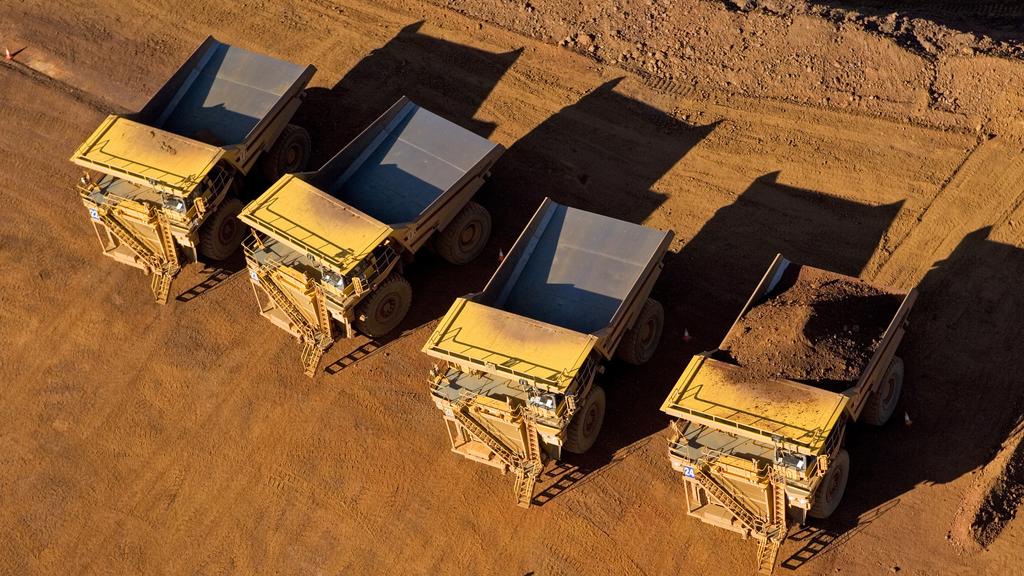
WA turns up heat on Albanese over native title as miners fear the worst for industry future
The resources industry has warned that mining in Western Australia will be devastated unless the Native Title Act is changed quickly.

Albanese ‘playing a ridiculous game’ on nature positive legislation
Sky News host Paul Murray slams Labor’s nature positive legislation spin.

Nature Positive Disaster
A secret report has laid bare the potential impact of the Albanese Government’s Nature Positive laws on WA, warning electricity prices and housing costs could rocket.

Work needed on PS productivity
While our political leaders no doubt are focused on the potential for interest rate relief before the federal election, they should instead be preoccupied with how to lift productivity and grow the economy.
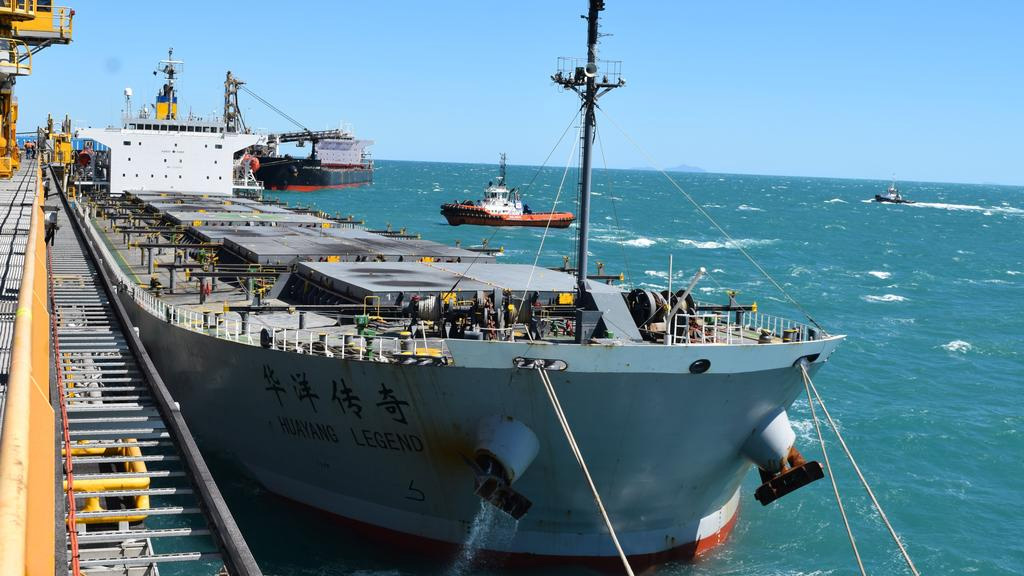
Chamber of Minerals and Energy WA plans to fight the ALP’s planned ‘nature-positive’ laws
Western Australia’s powerful resources industry has issued a massive rebuke of the Albanese government’s green agenda and industrial relations policies in the countdown to the federal election.

WA Should Follow NT’s Lead And Appoint A Red-Tape Slayer
Australia is in desperate need of economic reform. Productivity is low, private investment is stagnating, and Australians are personally struggling after nearly two years of a per capita recession.
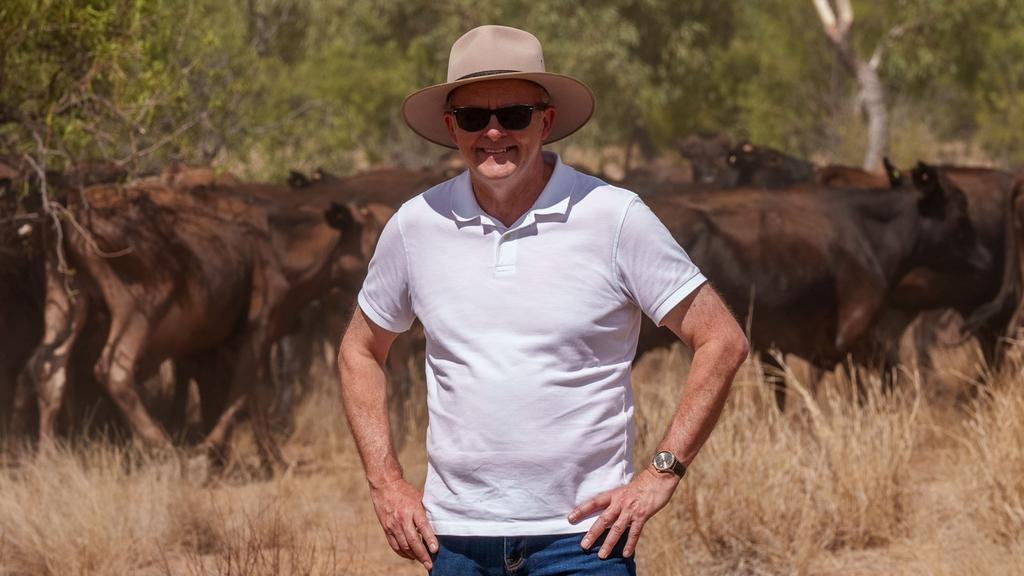
PM stares down multiple concerns over minerals
Anthony Albanese has backed in his government’s critical minerals tax incentive despite concerns from mining groups – now echoed by the West Australian Labor government – about duplication of green tape and Indigenous consultation under the Future Made in Australia agenda.
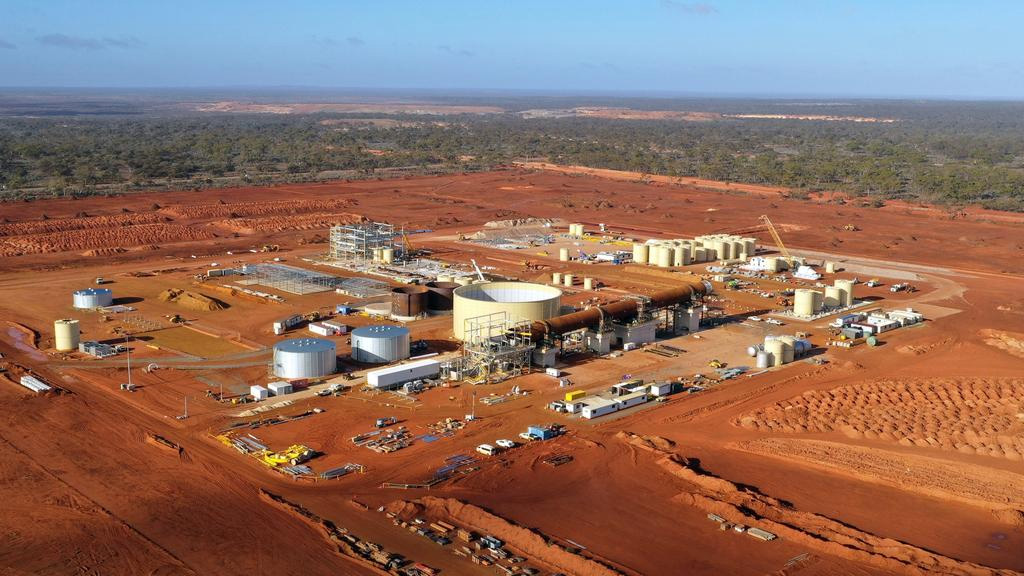
WARNING ON CRITICAL INDUSTRY PM’s green tape tangle for miners
A doubling up of green tape and mandatory Indigenous consultations sparked by Anthony Albanese’s Future Made in Australia agenda will threaten the development of the critical minerals industry and hamper the nation’s chances of competing with China, miners and security experts warn.
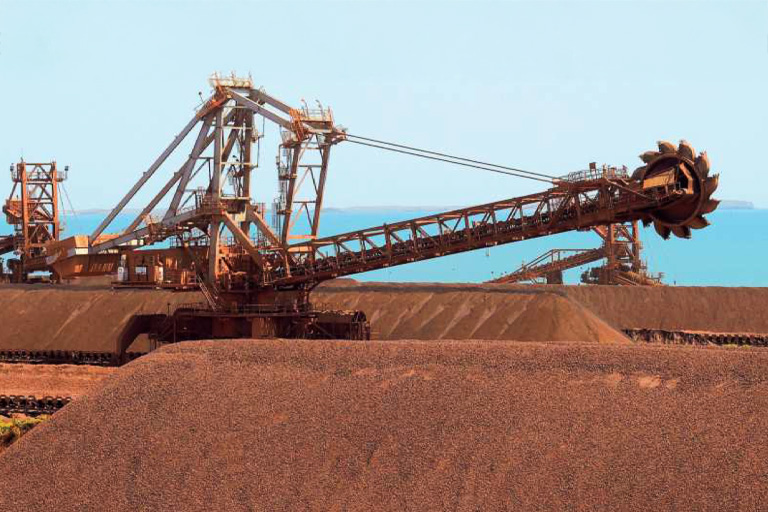
You can bank on a price fall for iron ore in 2025
Big four predict gloomier year ahead for all-important commodity.

Labor is losing control of a broken budget
There is something seriously wrong with the federal budget.
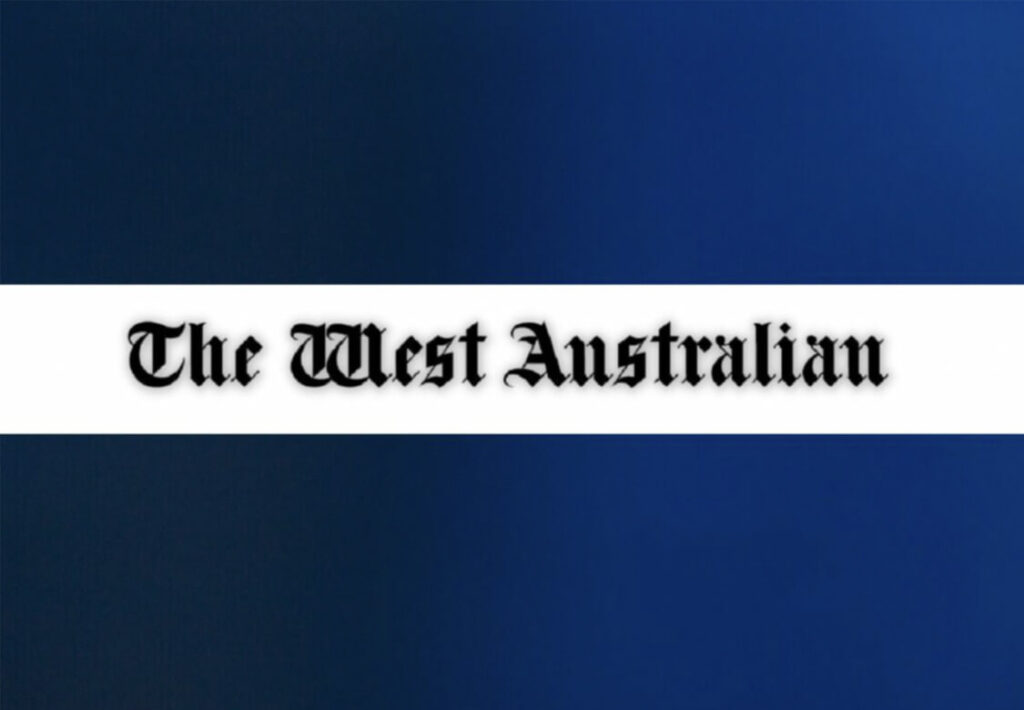
Big miners fume over Labor policy as Federal Budget reveals deficit ahead and $100 billion export
The lobby group representing WA’s biggest players in mining has lambasted “harmful” Federal Government policies as waning commodity prices and a slowing Chinese economy cruel the Federal Budget.